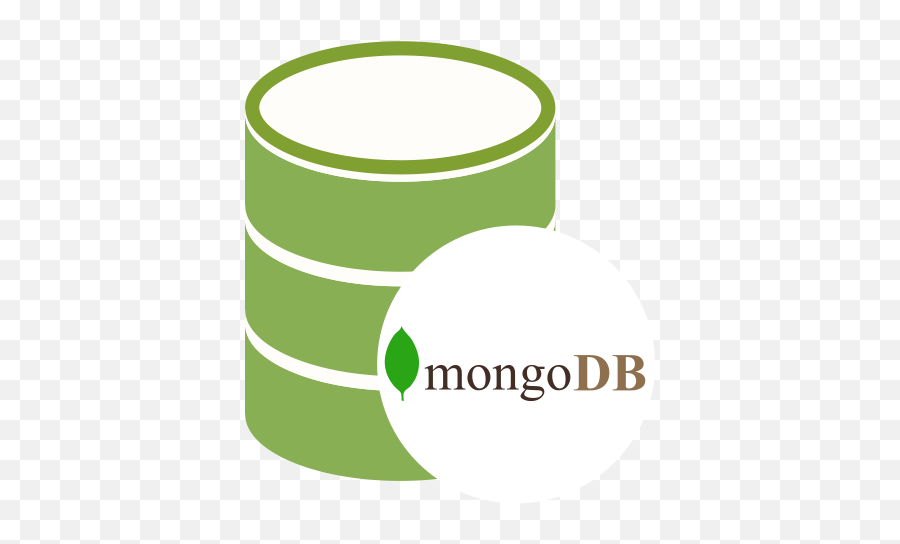About the Module
MongoDB is a powerful and popular NoSQL database that allows developers to work with large amounts of unstructured data in a flexible and efficient way. As a result, learning MongoDB can be a valuable skill for any developer, especially in today's fast-paced and data-driven world. Here are a few reasons why you should consider learning MongoDB at Code Academy Benin City:
-
High demand: MongoDB is widely used in industry, and the demand for MongoDB developers is growing rapidly. Companies of all sizes and across various industries are using MongoDB to store and manage large amounts of data, making it a valuable skill to have on your resume.
-
Flexibility: MongoDB is a document-based database, which means it stores data in a semi-structured format, allowing for greater flexibility than a traditional relational database. This makes it well suited for applications that need to handle dynamic and unstructured data.
-
Scalability: MongoDB is designed to scale horizontally, making it easy to distribute data across multiple servers and handle high traffic applications. This is especially useful for large-scale web applications and big data projects, where scalability is often a key requirement.
-
Ease of use: MongoDB offers a simple and intuitive interface, allowing developers to get up and running quickly. Its rich query language and built-in support for many popular programming languages make it easy to integrate with existing applications and technologies.
-
Community support: MongoDB has a large and active community, which means you can easily find resources, tutorials, and help when you need it. This is especially important for learners as it allows for more resources for self-learners.
Overall, MongoDB is a great choice for building powerful, scalable and flexible applications, and learning MongoDB at Code Academy Benin City can help you gain the skills and knowledge you need to succeed as a developer in today's fast-paced and data-driven world.
Module Information
| Duration | 1 month |
| Amount | ₦60,000 |
| Location |
Syllabus
- Introduction to MongoDB:
- Overview of MongoDB and its architecture
- Comparison with traditional relational databases
- Setting up a MongoDB environment
- MongoDB CRUD Operations:
- Inserting documents
- Querying data
- Updating and deleting documents
- Basic MongoDB commands and use of MongoDB shell
- MongoDB Schema Design:
- Designing collections and documents
- Data modeling
- Indexing in MongoDB
- Using Validation
- MongoDB Aggregation:
- Understanding the Aggregation Pipeline
- Using various pipeline stages
- Using $lookup and $graphLookup
- Explaining and using $indexStats and $collStats
- MongoDB Replication and Sharding:
- Replication in MongoDB
- Setting up replica sets
- Sharding in MongoDB
- Setting up sharded clusters
- MongoDB with Node.js:
- Installing MongoDB driver for Node.js
- Connecting to MongoDB from Node.js
- CRUD operations in Node.js
- Handling MongoDB connection errors
- MongoDB with Express.js and Next.js:
- Integration of MongoDB with Express.js
- CRUD operations and routing in Express.js
- Using Mongoose and Mongoose Models in Express.js
- Integrating MongoDB with Next.js
- Handling MongoDB connection errors
- Best Practices and Troubleshooting:
- Discussing MongoDB best practices
- Tips for optimizing MongoDB performance
- Common MongoDB errors and troubleshooting strategies
